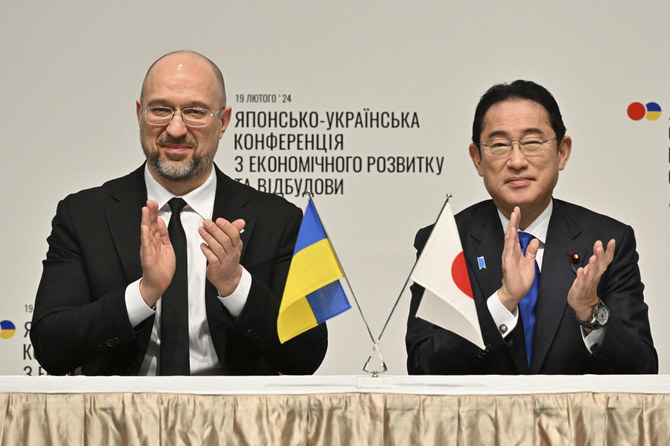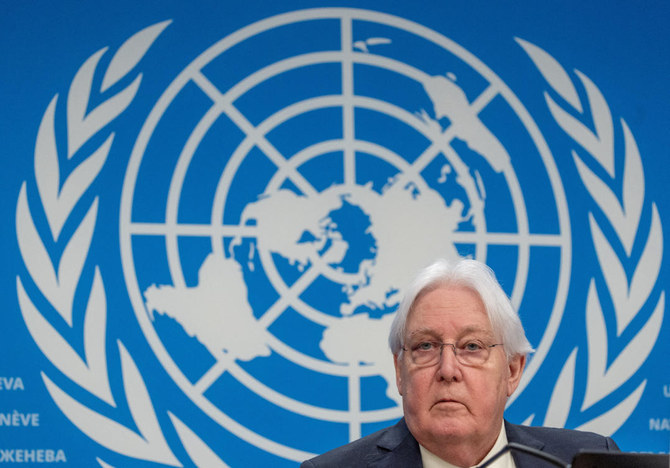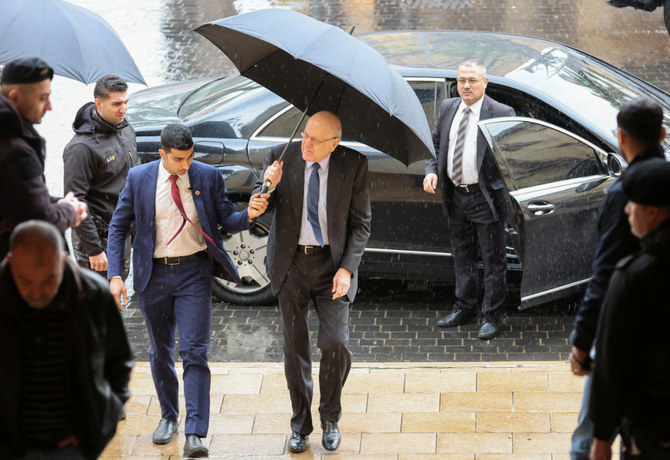
Libya has drawn in a great deal of attention over the past few years as hopes for reviving peace talks were strengthened after the United Nations adopted a comprehensive settlement.
The plan, which began negotiations in Tunisia under the auspices of the UN envoy to Libya, Ghassan Salama, has many hopes for success. Speaking to Asharq Al-Awsat, former Prime Minister Mahmoud Jibril saw that the solution at hand is better than ever.
Jibril refuses to say that without the international community, the Libyan uprising would not have succeeded in February 2011, stressing that "the will of the people is always victorious."
Libya underwent to main turning points, the first being during the start of the uprising in February 17 against the regime of Colonel Muammar Gaddafi and lasted until March 19 and later was the stage which began with the military intervention led by the international community based on United Nations resolutions.
"The military intervention was successfully marketed as an intervention led only by NATO, NATO is only 28 countries, while the countries that partook in the military campaign are 47 countries," says Jibril.
A third turning point lasted from 20 August to 23 October, the official toppling of Gaddafi’s regime, and rebels taking over Tripoli.
Gaddafi was captured and later killed. Jibril said that “the revolution ended at this point.
“What followed was a conflict of resources between several parties supported by international parties under various pretexts, political, religious, tribal and regional,” he explained.
He stressed that "the conflict was over resources because of the absence of the state, because the fall of the regime in Libya was like a fall of the entire state."
This led to the proliferation of weapons and for a tribal structure to prevail, creating a recipe for a civil war driven by control of local resources, and fed by external parties.
In Jibril’s view, this has created “fertile ground for terrorism and extremism to propagate and establish an incubator for extremists, because of the extension of its borders and the absence of state authority and proliferation of weapons and the abundance of money.
“The solution lies in finding a national consensus on a national project that does not exclude anyone. And through dialogue between the Libyans themselves, under the umbrella of the United Nations,” he said.
“The international parties must play the role of observer and guarantor of this Libyan dialogue, but without interfering in its content and course.”
“The government should be separated from the presidential council-- the government should have a national rescue program,” he added.
Further explaining, Jibril expressed the need to forming a “micro-government,” in order to transfer the responsibility of providing services to municipalities in a decentralized system of governance, and thus it can be said that state-building is done by the parties and not by the central government.
The objectives of the suggested micro government is limited to three objectives, said Jibril.
“First, develop an urgent plan to provide cash, power, security, education and health services as urgent files.”
“Second, start rebuilding the military and security establishment and activate the judiciary.”
“And thirdly, preparations for parliamentary and presidential elections within a period which not exceed18 months.”












